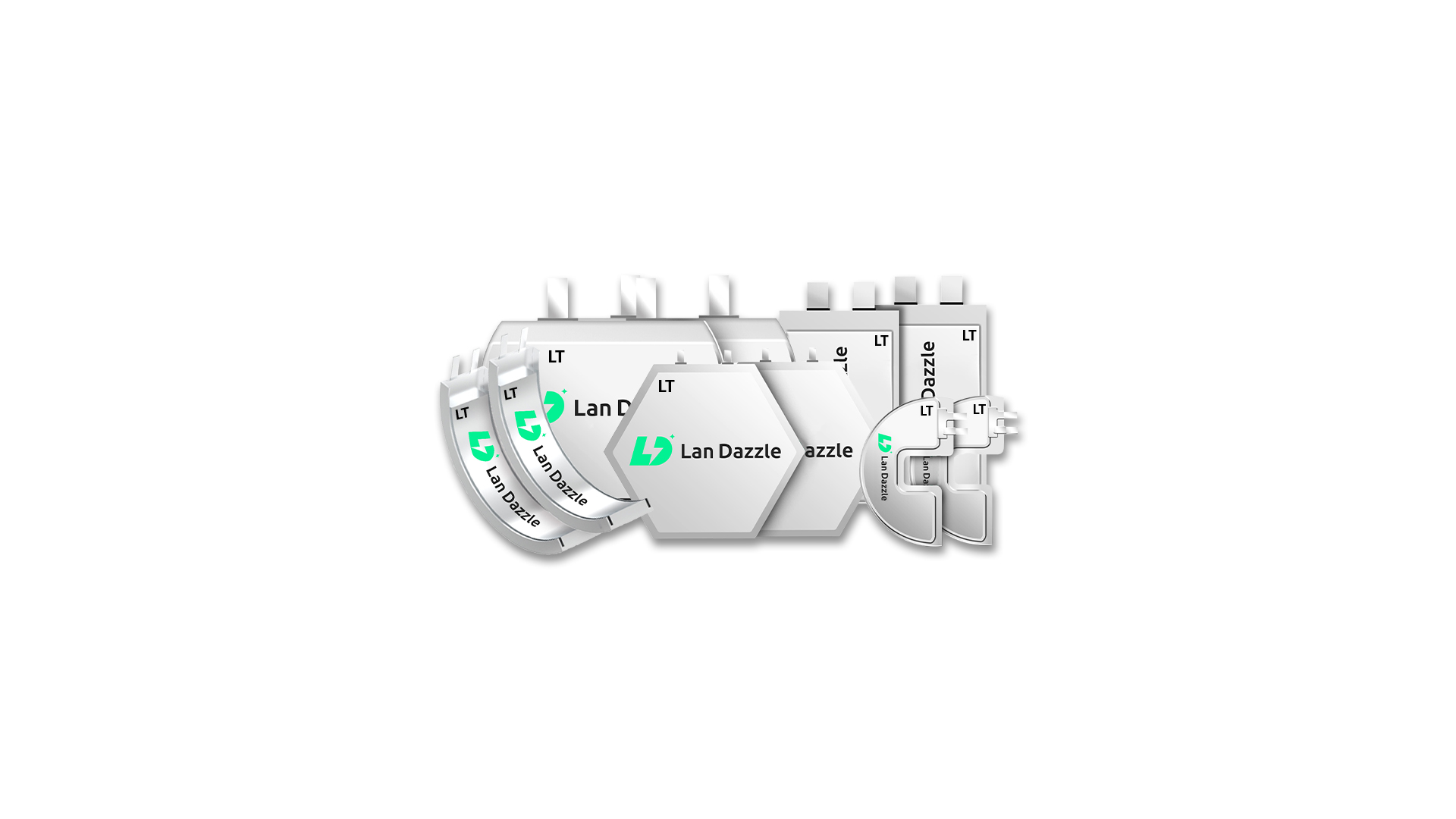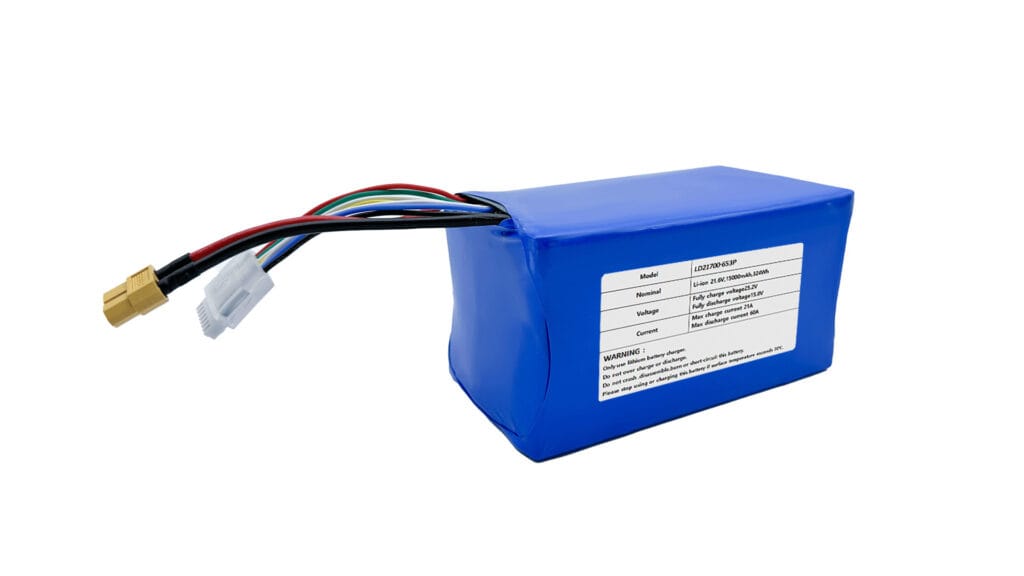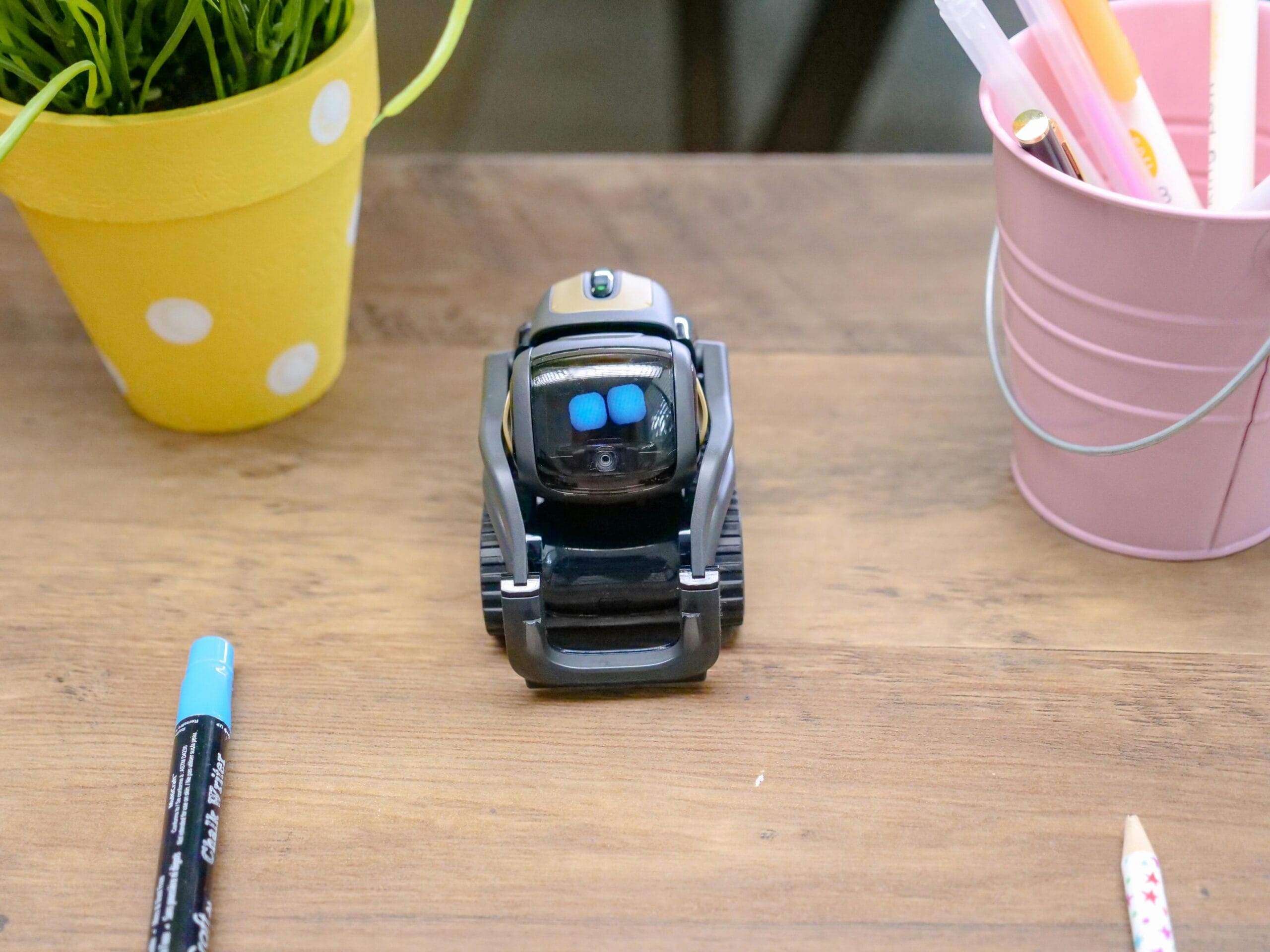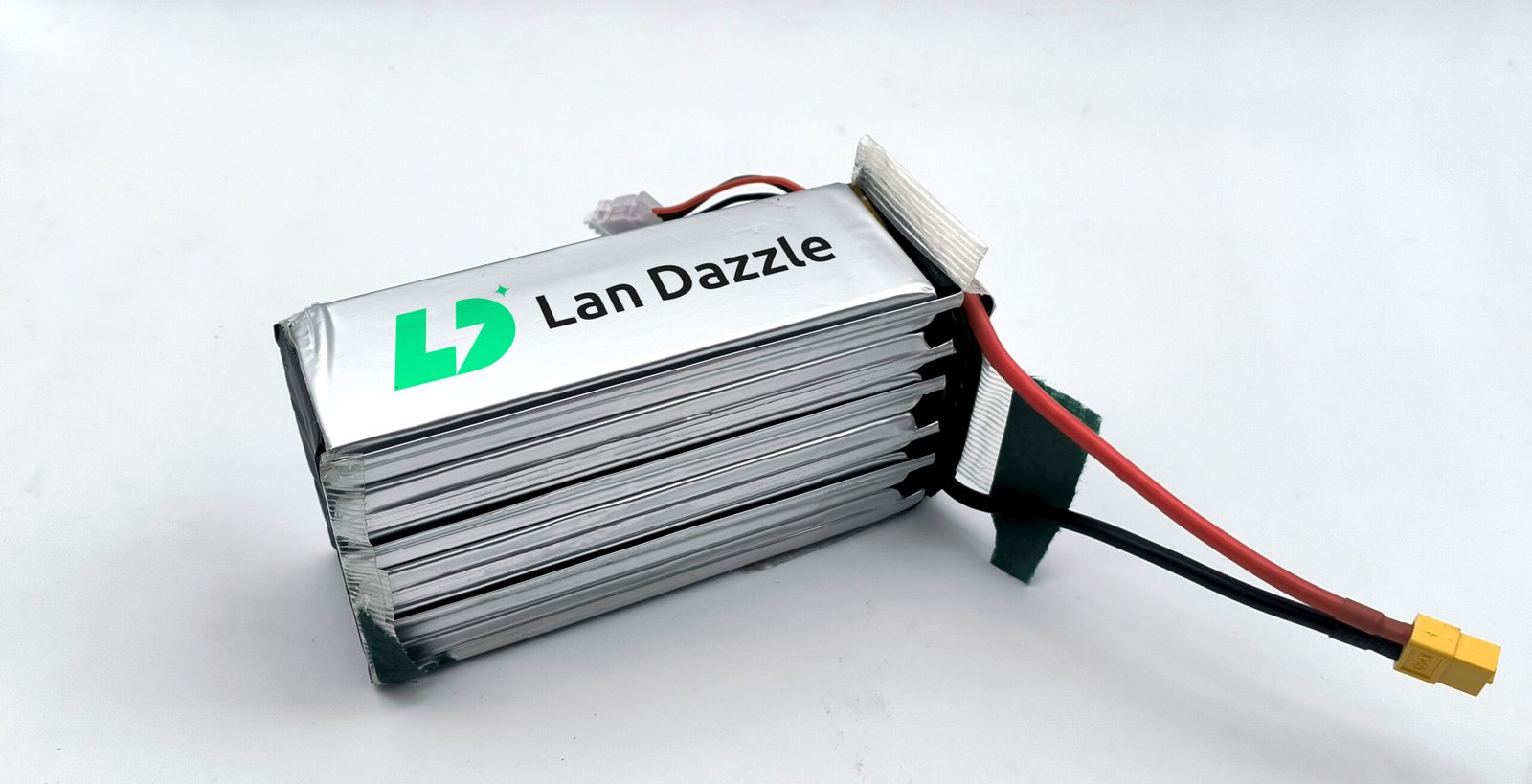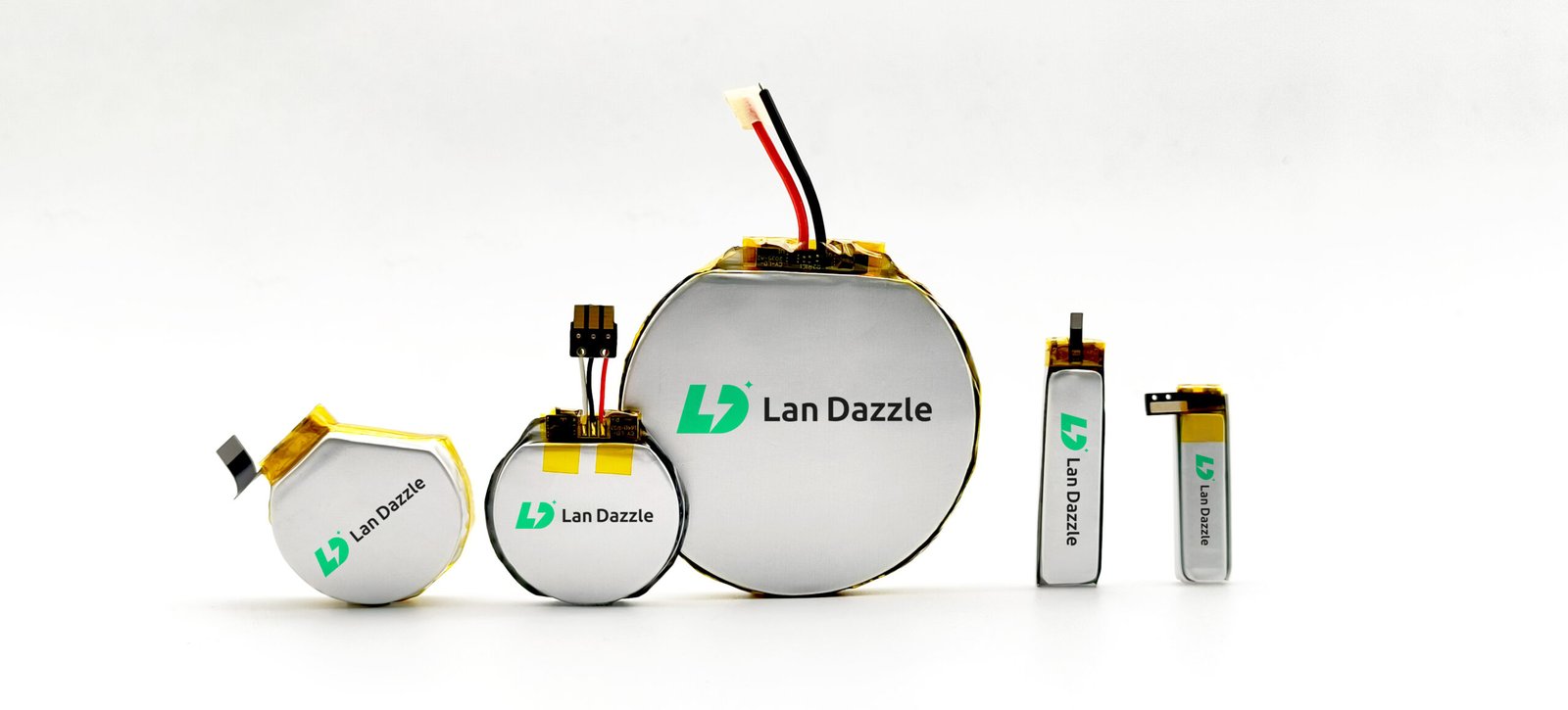The battery is the unsung hero of modern technology. It is the heart that gives life to everything from life-saving medical devices to the consumer electronics that define our daily lives. As a product designer, engineer, or business leader, one of the most critical decisions you’ll face is how to power your innovation. This decision often boils down to a fundamental choice: do you opt for a standard, off-the-shelf battery, or do you invest in a custom-engineered lithium battery solution?
With the global lithium-ion battery market projected to surge past $182 billion by 2030, the technology is more accessible than ever. Yet, the question of “custom vs. standard” remains a significant hurdle. This article provides a comprehensive analysis to help you determine when a custom lithium battery is not just an option, but a necessary investment for your product’s success. While the upfront costs of a bespoke solution may appear higher, the long-term returns in performance, design freedom, and unwavering reliability often deliver a powerful return on investment.
Understanding the Alternatives: Off-the-Shelf vs. Custom Lithium Batteries
Before weighing the pros and cons, it’s essential to clearly define the two paths available for powering your device.
The Case for Off-the-Shelf Batteries
Off-the-shelf, or standard, batteries are pre-manufactured to common specifications. Think of the ubiquitous 18650 cylindrical cells or standard-sized rectangular pouch cells. They are produced in massive volumes and are readily available from numerous distributors.
المزايا:
- Low Initial Cost: Mass production leads to a lower per-unit price, which is attractive for budget-conscious projects.
- Immediate Availability: You can typically order and receive them quickly, accelerating early prototyping and production timelines.
- Simplicity: For applications with no special requirements, a standard battery is a straightforward, plug-and-play solution.
However, this convenience comes with significant trade-offs. You are forced to design your product around the battery’s fixed dimensions, capacity, and performance characteristics. This can lead to bulky designs, wasted internal space, and performance that is merely “good enough” rather than “perfect.”
Defining the Custom Battery Solution
A custom lithium battery is a power source that is engineered from the ground up to meet the precise requirements of a specific application. This customization can encompass a wide range of parameters:
- Dimensions and Shape: The battery can be designed in virtually any form factor—curved, L-shaped, ultra-thin—to fit perfectly within your product’s enclosure, eliminating wasted space and enabling sleeker, more ergonomic designs.
- Electrical Characteristics: The voltage, capacity (mAh), and charge/discharge rates (C-rate) are tailored to your device’s exact power consumption profile, maximizing runtime and efficiency.
- نظام إدارة البطارية (BMS): The BMS—the brain of the battery—is programmed with custom firmware to optimize performance, monitor the state of charge (SoC) and state of health (SoH), and ensure the highest level of safety for your specific use case.
- Connectors and Housing: Custom wiring, connectors, and enclosure materials ensure seamless integration and robust protection against environmental factors like moisture, vibration, and impact.
For instance, a simple TV remote works perfectly with standard AA batteries. In contrast, a high-performance underwater drone with a unique hydrodynamic body requires a specifically shaped, high-discharge, and fully waterproofed custom battery pack. This is where custom solutions shine.
The Tangible Benefits: Why Top-Tier Products Rely on Custom Power
The decision to go custom is often what separates market-leading products from the competition. The benefits extend far beyond simply fitting into a tight space.
Perfecting the Form Factor: Design Freedom and Brand Identity
The most visible advantage of a custom battery is the ability to achieve a superior product design. Instead of the battery dictating the product’s shape, the product’s ideal design dictates the battery’s shape. This principle was fundamental to the revolution in consumer electronics. The slim profiles of today’s smartphones, the compact form of wireless earbuds, and the ergonomic feel of wearable health monitors are all made possible by custom-shaped lithium-polymer batteries. This design freedom allows you to create a more aesthetically pleasing, user-friendly product that strengthens your brand identity and stands out in a crowded market.
Optimized Performance and Enhanced Efficiency
A standard battery provides a generic power output. A custom battery provides a tailored power profile. By matching the battery’s chemistry (e.g., high energy vs. high power) and electrical characteristics to your device’s operational demands, you can achieve peak performance.
For a power-hungry device like a professional drone, a custom battery can be engineered with a high C-rate to deliver bursts of current for aggressive maneuvers. For a remote sensor, the battery can be optimized for extremely low self-discharge and high energy density to ensure years of maintenance-free operation. Furthermore, a well-designed custom BMS can dramatically improve the battery’s cycle life. Industry data suggests a custom BMS can improve battery cycle life by up to 50% by meticulously managing charging protocols and preventing conditions that degrade the battery over time.
Uncompromising Reliability and Safety
For products used in critical applications—such as portable medical defibrillators, industrial safety equipment, or military communication devices—failure is not an option. Custom battery packs are designed with safety and reliability as the primary focus.
This is achieved through a sophisticated, custom-programmed BMS that provides multi-level protection against:
- Overcharging and over-discharging
- Over-current and short circuits
- Extreme temperatures (via thermal monitoring)
Furthermore, a reputable custom manufacturer will ensure the battery pack is designed and tested to meet stringent safety standards. Obtaining certifications like UL 1642 (for cells) and IEC 62133 (for packs), and ensuring compliance with UN 38.3 for transportation, provides third-party validation of the battery’s safety and is often a mandatory requirement for bringing a product to the global market.
The Financial Equation: A Realistic Look at Custom Battery Costs
The most common hesitation in commissioning a custom battery is the perceived cost. While the initial outlay is higher than buying off-the-shelf, a holistic view reveals a compelling long-term value proposition.
Deconstructing the Upfront Investment
The initial costs for a custom battery project typically include:
- Non-Recurring Engineering (NRE) Costs: This is a one-time charge that covers the engineering work involved in designing, developing, and validating your custom pack. It includes schematic design, 3D modeling, firmware development for the BMS, and building initial prototypes for testing. NRE costs can range from a few thousand to tens of thousands of dollars, depending on the complexity.
- Tooling & Molds: If your battery requires a custom hard-case enclosure, there will be costs for creating the necessary injection molds.
- Certification Costs: Third-party lab testing to certify the pack to UL, IEC, and UN standards can be a significant investment but is crucial for market access and liability protection.
- Minimum Order Quantities (MOQs): To make a custom production run economically viable, manufacturers typically require a commitment to a minimum number of units.
Calculating the Long-Term ROI
Viewing these upfront costs as an investment allows you to see the long-term financial benefits. A custom battery pays for itself over the product’s lifecycle in several ways:
- Reduced Warranty Claims & Service Costs: A highly reliable battery that is perfectly matched to its device will fail less often. This translates directly into fewer product returns, lower warranty service costs, and a protected brand reputation.
- Enhanced User Experience & Brand Loyalty: A product that lasts longer, performs better, and is designed more thoughtfully leads to higher customer satisfaction. Satisfied customers become repeat buyers and brand advocates.
- Justification for Premium Pricing: The superior performance, sleeker design, and enhanced reliability enabled by a custom battery can justify a higher retail price, leading to better profit margins.
- Supply Chain Security: By partnering with a custom manufacturer, you are not subject to the whims of the commodity market for standard cells. You have a dedicated supply chain for a critical component that is uniquely yours, protecting you from stockouts of a specific standard model.
Choosing the Right Partner: What to Look for in a Custom Battery Manufacturer
The success of your custom battery project hinges on selecting the right manufacturing partner. This is not a transactional relationship; it is a technical partnership. Look for a manufacturer that demonstrates:
- Deep Engineering Expertise: Their team should consist of experienced electrical and mechanical engineers who can act as consultants, helping you navigate complex design trade-offs between size, capacity, and cost.
- A Proven Track Record: Ask for case studies and references within your industry. A manufacturer with experience in medical devices will understand the stringent requirements of that field, just as one with a background in industrial equipment will understand the need for ruggedness and durability.
- Robust Quality Management: Look for an ISO 9001 certification, which indicates a commitment to consistent, high-quality processes from design to production.
- In-House Testing and Certification Management: A partner who can perform extensive in-house reliability testing and manage the entire third-party certification process on your behalf is an invaluable asset, saving you time and resources.
- Transparent and Proactive Communication: Your partner should guide you through every stage, from initial concept and prototyping to mass production and logistics, with clear and consistent communication.
Conclusion: The Verdict—Is a Custom Battery the Right Move for You?
So, is a custom lithium battery worth it? The answer is a definitive yes—for the right product.
If you are developing a simple, cost-sensitive device where performance and form factor are not key differentiators, an off-the-shelf battery is likely the most logical and economical choice.
However, if your product’s success depends on its innovative design, superior performance, extended runtime, and absolute reliability, then a custom battery is not a luxury—it is a strategic necessity. It is the key to unlocking your product’s full potential, delighting your users, and building a durable competitive advantage in the market. As technology continues to push the boundaries of what’s possible, custom power solutions will increasingly be the silent force driving the next generation of groundbreaking products.

